
How to choose the right email provider for your business

Every employee expects email to “just work.” But in reality, there are many complex factors to consider when it comes to business email, from server maintenance to spam filtering and security. And whenever email servers go down, productivity grinds to a halt—costing businesses thousands or, in some cases, even millions of dollars.
So, while choosing an email hosting solution may not always be the most exciting project for business and IT leaders, it is often one of the most important.
Take a in-depth look into several key steps that all businesses should take when implementing a new email solution or transitioning to a new one. Some of these steps include:
Set requirements
As with any major IT project, advance planning is crucial to ensuring a successful email implementation or migration. Businesses must work with relevant stakeholders to understand functionality, infrastructure, security, integration and reliability requirements — among many other requirements.
Free vs. professional email hosting
With smaller businesses, free email solutions offer attractive benefits such as fast account setup and easy-to-use user interfaces, in addition to hypothetical savings. However, decision makers must critically weigh these potential benefits against the need for key features and services (e.g., service-level agreements, uptime guarantees, business grade security features, spam filtering and virus protection.).
Cloud hosted and in-house
New startups or companies that lack a dedicated IT staff should consider a hosted email solution; however, for companies with an existing in-house email system, the choice is usually more complicated.
Understanding different options
Businesses must understand the various levels of email hosting services on the market, including Webmail services, Microsoft Exchange based services and premium hosted email services to get the best solution for their needs and begin evaluating vendors.
Evaluate vendors
Businesses need to understand the various vendors on the market, as well as which features to prioritize. For example, most companies will need business-class support and SLAs. Once they narrow down their options, it’s important to ask a critical set of questions of each choice, such as whether the vendor has proven they can scale to meet their needs, whether their archiving solutions are easy to manage, etc.
Preparing to migrate
The email migration process can change on the type of email solution and the specs of the chosen email provider. Based on the information gathered during the requirements process, a business will need to choose from a range of elements such as staff training, end user training and setting a suitable migration schedule.
Of course, executing these steps successfully is easier said than done. For a full, in-depth exploration into how to make the best email hosting decision for your organization.
Our choice of email provider
We looked at various vendors and chose Thexyz as the best all round solution. They were the only one that offered email archiving, a full email migration service, business level support and various hybrid options.






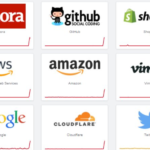



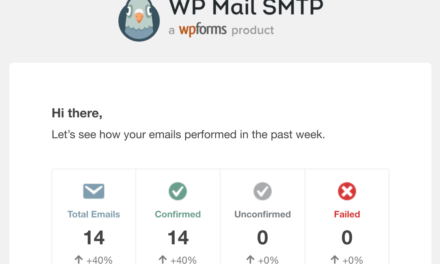
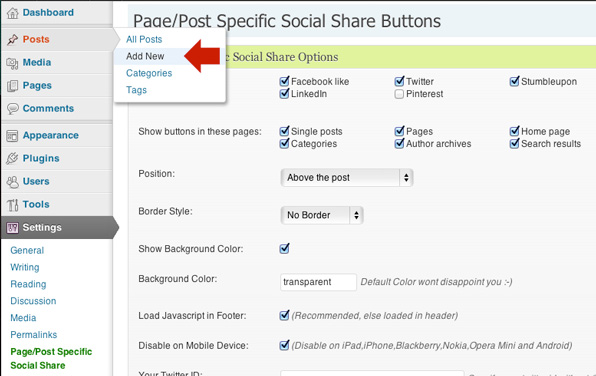







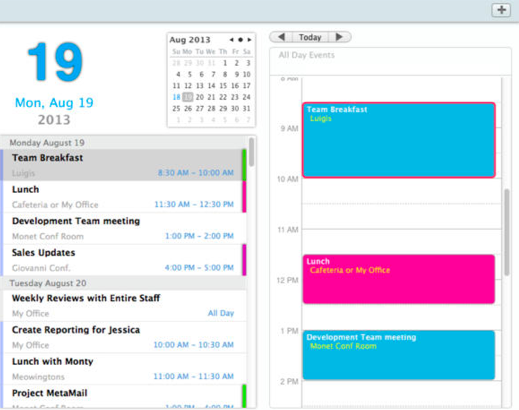






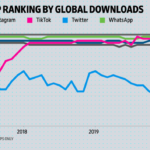











I have used AtMailCloud in the past and was pretty pleased with it, but eventually went back to using Thexyz as I needed more than just email.